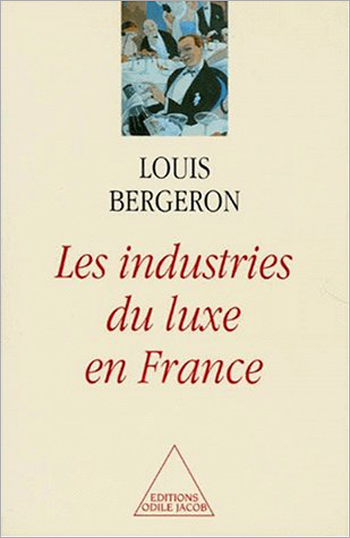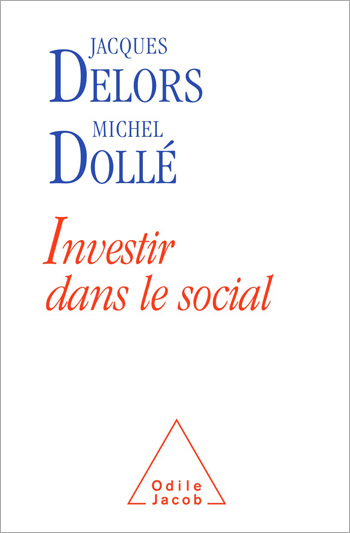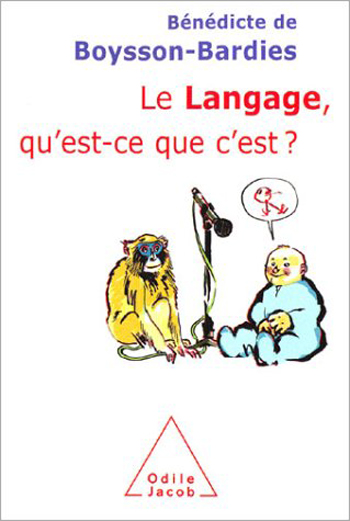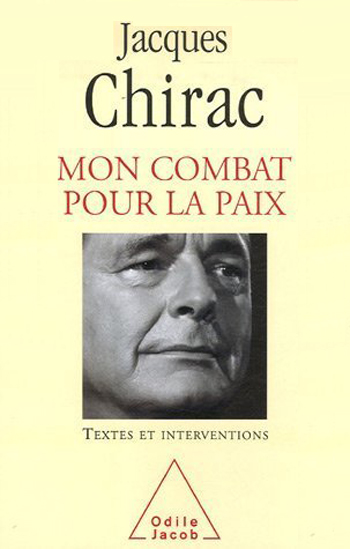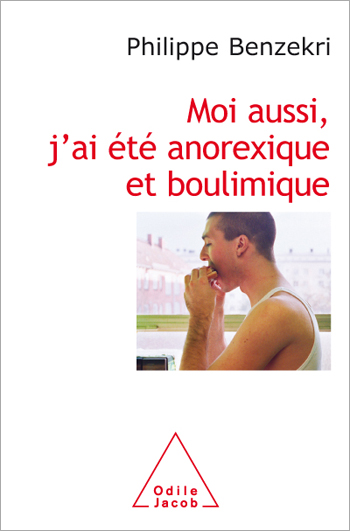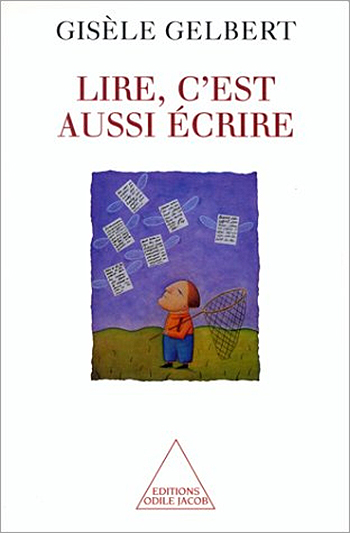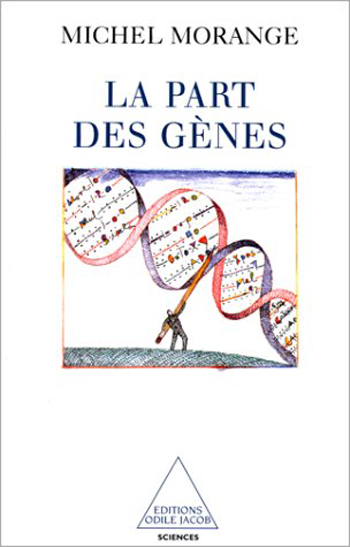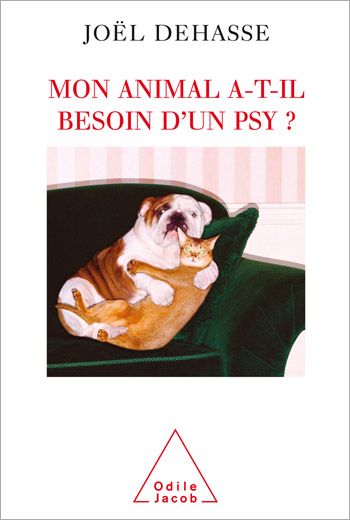Catalog All books
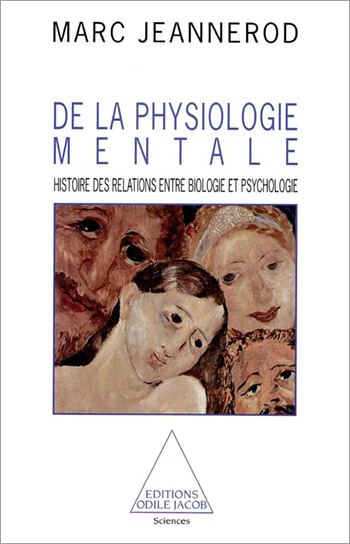
Marc Jeannerod
Of Mental Physiology A History of the Relationship Between Biology and Psychology
A relative newcomer to the world of science, psychology gives rise to a rivalry between two older siblings, philosophy and biology. This enduring conflict between materialism and spiritualism, which continues today in other forms, without adoubt was the driving force behind its progress. What we know today about the spirit is a result of this history. Biology and psychology have shaped each other in turn. This book represents a riveting study on how two centuries of spiritual quarrelling made possible the modern attempt to establish the inner workings of the mind. A professor of physiology at the Université Claude Bernard, Marc Jeannerod is also the director of an Inserm neurological research team in Lyon.
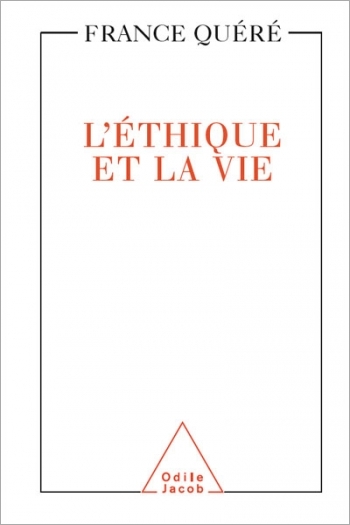
France Quéré
Ethics and Life
The recent advances in life sciences have modified our knowledge about the nature of man. Genetic engineering has given us a certain power over his future. Which principles must preside over artificial procreation and organ donation? How far can we allow genetic engineering and medical experimentations to go? What are the moral and ethical barriers of human science?
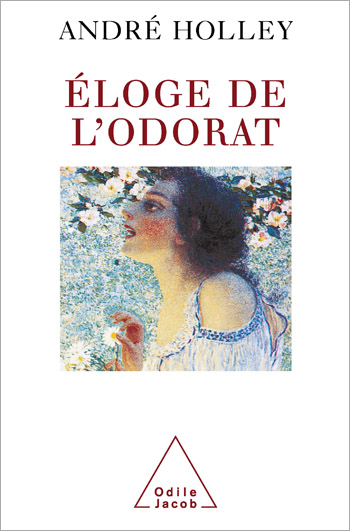
André Holley
In Praise of our Sense of Smell
Disparaged by the great philosophers and even by Darwin, who considered it useless, yet praised by Proust and Baudelaire for the richness of the emotions it inspires, the human sense of smell is generally considered secondary to the other senses. But is it really? André Holley makes a scientific argument for this powerful yet ambiguous sense. He also examines the tendency on the part of our society to deodorise to refuse accept that smells are sometimes bad, on the other hand inventing entirely new smells with the help of chemistry. Researcher at the CNRS, André Holley is a professor of neuroscience at the university Claude-Bernard in Lyon.
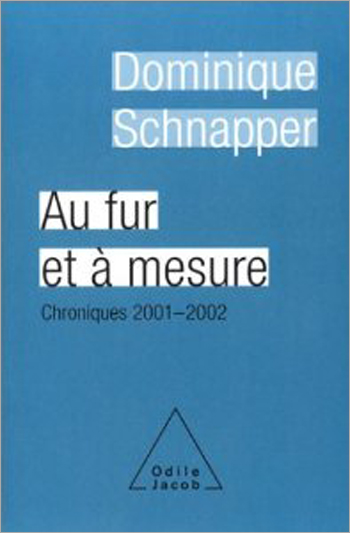
Dominique Schnapper
As Time Goes By A Chronical of 2001-2002
From a mythical meeting in the year 2000, to From our almost mythical appointment with the year 2000, to the presidential upheavals in 2003, this book presents the first expansive record of our entry into a new century. Through insightfully chronicling the passage of time, with both emotion and analysis, the author is able to present us with a picture of our contemporary world. Dominique Schnapper is a director of studies at the École des Hautes Études en Sciences Sociales.
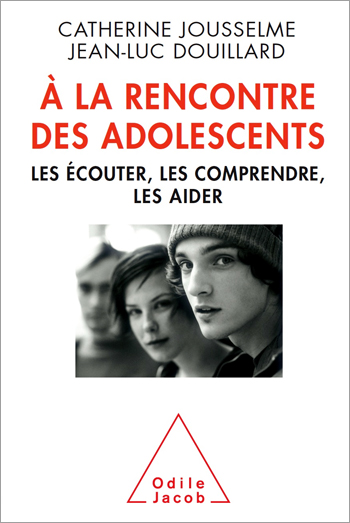
Catherine Jousselme, Jean-Luc Douillard
Meet Adolescents
A resolutely humane and optimistic approach to adolescence that stresses resilience rather than disorders
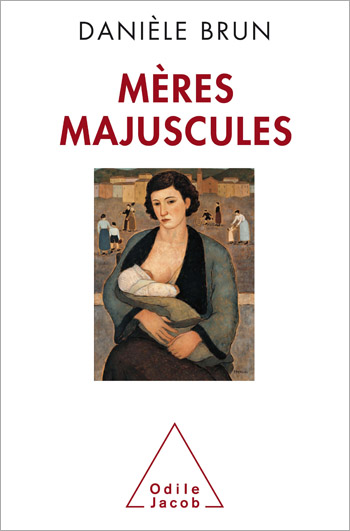
Danièle Brun
Mothers in Capital Letters
The image in question is not so much a representation of the Mother in Majesty with her child...
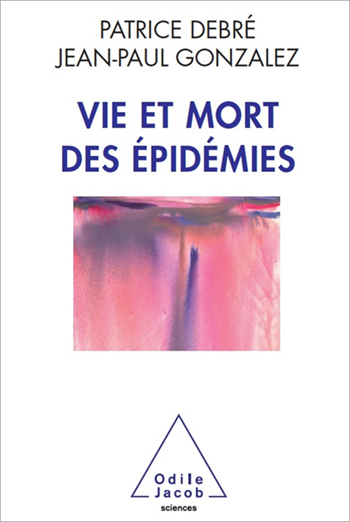
Patrice Debré, Jean-Paul Gonzalez
The Life and Death of Epidemics
A fascinating history of epidemics and the struggle to overcome them, from earliest times to the present

